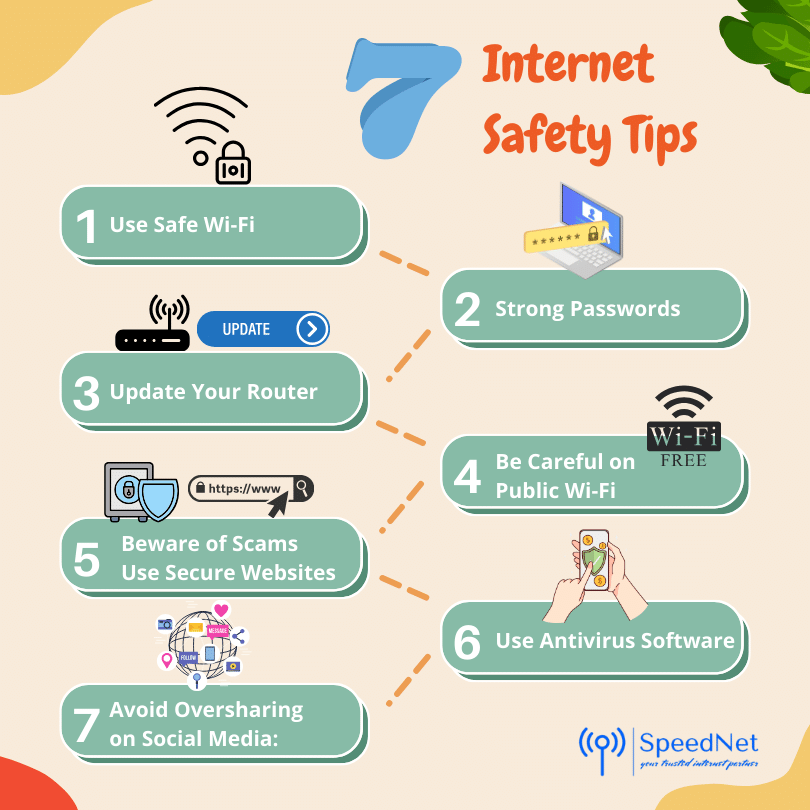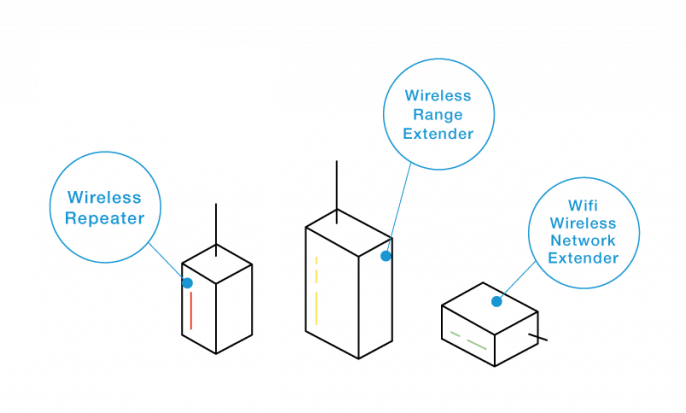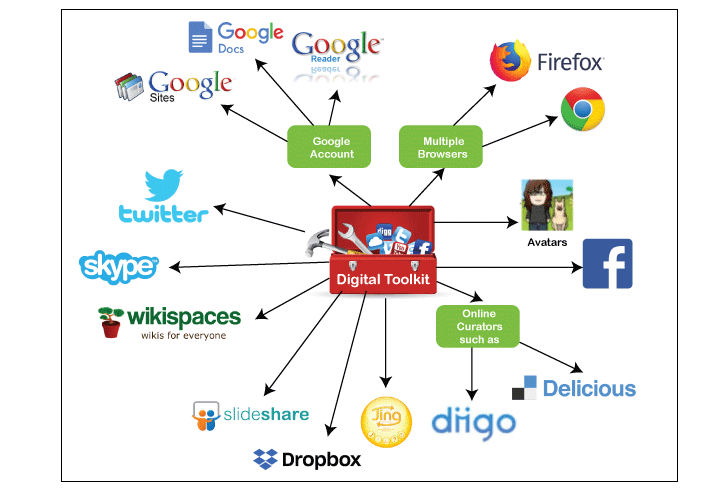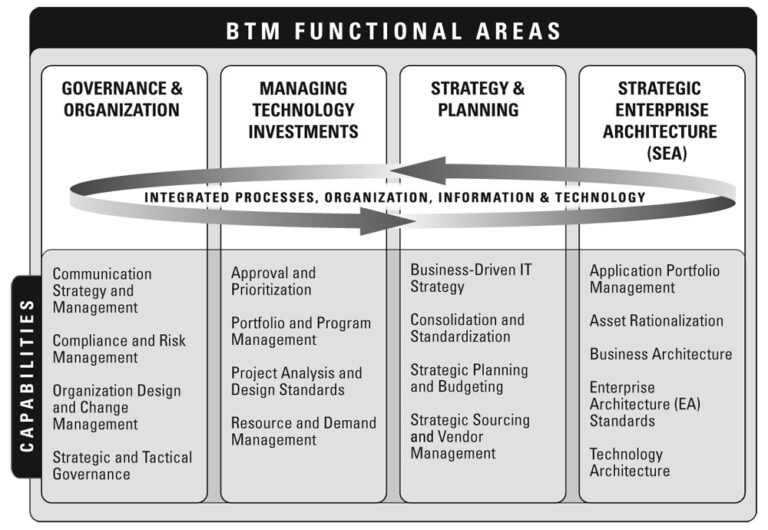How Do I Know If My Internet Is Secure?
The security of your internet connection is an important factor to consider when browsing the internet. Whether you are using a home network, public Wi-Fi, or cellular data, it is important to make sure your connection is secure. This means no one can access your information or monitor your activities online. Knowing how to tell if your internet is secure is essential for keeping your data safe and secure. There are several methods you can use to check if your internet is secure, such as using security software or examining the settings of your router.
What Is Internet Security?
Internet security is a broad term that encompasses the steps and measures taken to protect data, devices, and networks from malicious cyberattacks and threats. It involves the use of antivirus and antimalware software, firewalls, and other security measures which protect data from being stolen, hacked, or damaged. Internet security is an ongoing process that requires regular monitoring and updating of systems. It is important to understand the different types of threats that can impact your online security, such as malware, phishing, and hacking, and how to mitigate them. Additionally, you should ensure that your passwords are strong and updated regularly, and that your devices are protected with the latest security patches. By taking proactive steps to secure your internet connection, you can rest assured that your data is safe and secure.
Potential Security Issues to Look Out For
When using the internet, it is essential to be aware of potential security issues that may arise. Not all internet connections are secure, and it is important to understand how to protect yourself from online threats. Knowing how to identify potential security issues can help you stay safe online.
First, be aware of potential viruses. Viruses are malicious programs that can be embedded in websites or downloads. They can cause damage to your computer or access personal information. To protect yourself, make sure to have a reliable antivirus program installed on your computer and enable it to scan any downloads before you open them.
Second, beware of phishing sites. Phishing sites are websites or emails that appear legitimate, but are actually malicious. They are designed to steal personal information, such as user names and passwords. Be cautious of any website or email that requests personal information, and make sure to double-check its authenticity before entering any details.
Third, be aware of malware. Malware is malicious software that can be installed on your computer without your knowledge. Malware can be used to steal personal information, such as passwords and credit card information. To protect yourself, make sure to install a reliable anti-malware program on your computer.
Finally, be cautious of unencrypted connections. Unencrypted connections do not use data encryption, making them vulnerable to malicious attackers. To protect yourself, make sure to use a Virtual Private Network (VPN) when connecting to public Wi-Fi networks.
By following these tips, you can ensure that your internet connection is secure and that your personal information remains safe and secure.
How to Test Your Internet Security
Testing the security of your internet connection is an essential step to ensure your online safety. But with so many different types of security measures available, it can be difficult to determine which ones are best for your needs. To make sure your internet is as secure as possible, it is important to understand the different types of security tests available and how to use them.
One of the most common types of security tests is a vulnerability scan. Vulnerability scans are used to identify any weaknesses in your network or system that could be exploited by attackers. By running a vulnerability scan, you can identify any areas in your system that need to be improved or updated to better protect your data.
Another type of security test you should consider is a penetration test. Penetration tests are used to simulate a malicious attack on your system to identify any potential vulnerabilities that could be exploited. By running a penetration test, you can identify any weak spots in your system and take steps to improve them.
You should also consider using a firewall to protect your system. Firewalls act as a barrier between your system and the internet, preventing malicious attacks from reaching your system. Firewalls can help to reduce the risk of a cyber attack and protect your sensitive information.
Finally, you should also consider using a secure Virtual Private Network (VPN) to protect your online activity. A VPN encrypts your internet traffic and hides your IP address, making it difficult for hackers to track your online activity.
By understanding the different types of security tests available and how to use them, you can ensure that your internet is as secure as possible. By taking the necessary steps to secure your internet connection, you can protect yourself from potential cyber threats.
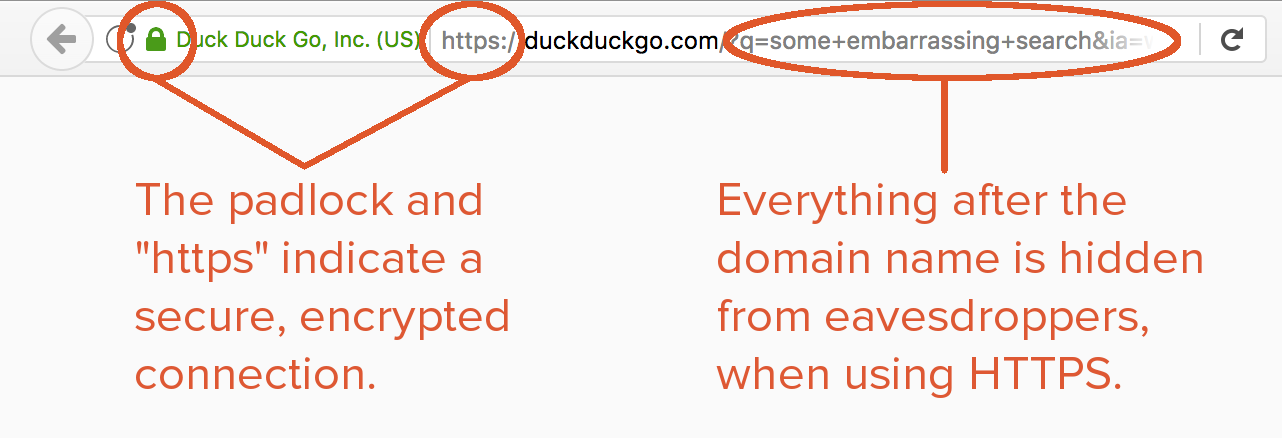
What to Do If You Suspect Your Internet Is Not Secure
The internet is essential for us in today’s digital age. It is essential to ensure that your internet connection is secure; otherwise, you may be vulnerable to cyberattacks. But how do you know if your internet is secure?
To begin, check for any suspicious security alerts from your internet service provider. If you receive any notifications of security issues, take immediate action to address the issue. Additionally, look out for any unusually slow internet connection speeds. Internet speeds that are uncharacteristically slow may indicate that your network is being monitored or that malicious software is running in the background.
Another way to know if your internet is secure is to regularly audit your system. Install anti-malware and antivirus software and keep it up to date. Regularly scan for any malicious software or viruses. If you find any suspicious activity, take action to remove the malware or virus immediately.
Additionally, it is important to ensure that your software and operating systems are up to date with the latest security patches. Outdated software is more vulnerable to cyberattacks. Also, use two-factor authentication wherever possible. This will add an extra layer of security to your devices.
Finally, be mindful of your online activities. Avoid clicking on suspicious links or downloading unknown files. If you suspect your internet is not secure, take steps to address the issue immediately. Regularly audit your system, update your software and operating systems, and practice safe online habits. Doing so will help protect your data, devices, and networks from malicious cyberattacks.
Tips for Keeping Your Internet Secure
In today’s digital world, the internet has become a part of our everyday lives. It’s used for communication, work, and entertainment, making it increasingly important to know how to protect yourself online. To ensure your internet is secure, there are certain tips and precautions you can take.
First and foremost, make sure you have a secure password. It should be long, complex, and unique. Avoid using personal information, such as birthdays or street names, as well as words that can be easily guessed. And while it may be tempting to use the same password for multiple accounts, it’s important to create a different one for each.
Also, be aware of what you’re downloading or clicking on. It’s easy to fall victim to malicious links and files, so it’s important to be cautious. Only download files from trusted sources, and be sure to check that the site you’re visiting is secure. If you’re ever unsure, it’s best to err on the side of caution and avoid it.
Finally, make sure your computer is up to date. Ensure that your operating system, web browser, and antivirus software are all current. This will help protect you from potential cyber threats. Additionally, be sure to back up your data regularly, as this will help you quickly recover if you ever become a victim of a cyber attack.
By following these tips and being mindful of your online activities, you can help keep your internet secure. Remember, your online security is a priority, so take the time to understand how to protect yourself.
Conclusion
When it comes to protecting your online data and information, there is no substitute for a secure internet connection. It is important to keep an eye out for signs that your network may be vulnerable, such as slow speeds, frequent disconnects, or suspicious activity. Additionally, it is important to use strong passwords that are regularly changed, and to use secure websites and services whenever possible. With the right precautions in place, you can be sure that your internet connection is secure and your data is safe.
FAQs About the How Do I Know If My Internet Is Secure?
1. What are the signs that my internet is not secure?
Answer: Signs that your internet is not secure include sudden slowdowns in connection speed, unexpected pop-up windows, and the inability to access certain websites.
2. How can I tell if my internet connection is being monitored?
Answer: To determine if your internet connection is being monitored, you can use a packet sniffer program to check for any suspicious activity. Additionally, if you notice any sudden changes in your internet activity, such as changes in your browsing speed or an increase in pop-up windows, this could be a sign that your connection is being monitored.
3. What steps can I take to ensure my internet connection is secure?
Answer: To ensure your internet connection is secure, you should always use a secure Wi-Fi network, install a reliable antivirus and firewall program, and ensure you have the latest security patches and updates installed for your operating system. Additionally, you should avoid clicking on suspicious links and downloading files from unknown sources.
Conclusion
As internet security continues to be a growing concern, it is important for everyone to understand the steps they can take to ensure that their online activity is secure. By taking the necessary steps to encrypt your data, install antivirus software, use strong passwords, disable remote access, and familiarize yourself with the latest security threats, you can ensure that your internet activity is secure.
